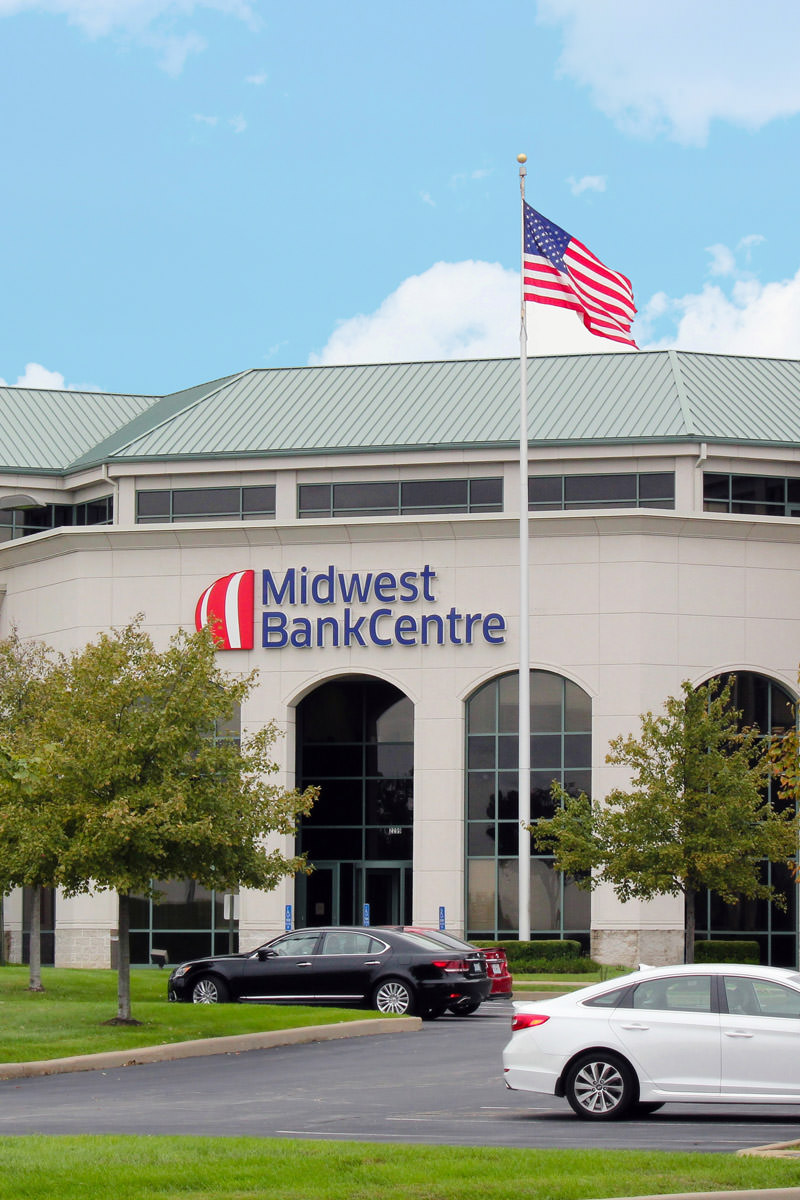Here are a few great reasons for choosing award-winning, safe, affordable and centrally-located O’Fallon, Missouri:
100 North Main Street
O'Fallon, MO 63366
Phone: 636-379-5532
Email: [email protected]

Here are a few great reasons for choosing award-winning, safe, affordable and centrally-located O’Fallon, Missouri:
The City of O’Fallon’s potential financial incentives include tax abatement, sales tax exemptions, rebates and other funding mechanisms.
And, to foster economic growth, the City of O’Fallon’s Incentive Policy provides guidelines for granting financial incentives. Contact us to learn more.
In addition to these tools, Missouri offers state tax credits and sales tax exemptions to industries that reduce capital and work force costs.

The City of O’Fallon is dedicated to achieving the highest quality of development, infrastructure and quality of life for its citizens. These goals are met, in part, through the enhancement and expansion of the local economy. Because of the inherent competition between cities, counties and states for new businesses and jobs, the City of O’Fallon recognizes that incentives are sometimes necessary to allow a community to reach its full economic potential.
The City of O’Fallon’s procedures call for a quick, 7–14 day turnaround time for plan reviews to be submitted for rezoning requests, subdivision plats, conditional use permits (special use permits), etc.
This versatile business tool helped O’Fallon’s largest private employers, Mastercard International and Citi, locate here through the assistance of property tax abatements and sales tax exemptions on construction materials. Here’s how the bonds work: the City issues bonds to finance real and personal property for eligible development projects. Upon issuing the bonds, the City can then provide tax abatements on the bond-financed property over the term of the bond.
To boost economic development, O’Fallon supports 11 special taxing districts as a means of funding public improvements. Special taxing districts include:
This funding mechanism benefits the entire community through the funding of public infrastructure. Under such an agreement, and to offset a portion of project investment costs, municipalities can appropriate the increase in sales taxes created by new private capital investments.
Chapter 353 Tax Abatement and Tax Increment Financing are two other programs considered by O’Fallon.
Chapter 353 tax abatement is an incentive allowed by Missouri law to encourage the redevelopment of blighted areas through the abatement of real property taxes and, where appropriate, the use of eminent domain. To be eligible for tax abatement, either the City or a private entity must form an Urban Redevelopment Corporation (URC) pursuant to the Urban Redevelopment Corporations Law.
Tax Increment Financing (TIF) is a public funding mechanism to assist private development of an area within the City. TIF may only be used: 1) when there is evidence the development would not occur without public assistance; and 2) when the project area qualifies as a blighted, conservation, or economic development area.
Missouri offers 50–60 tax credits and a variety of incentives geared to business attraction and expansion, workforce development and redevelopment, many of which are administered by the award-winning Missouri Department of Economic Development. The most commonly-used incentives for Missouri’s targeted industries are listed below.
As the state’s number one tool for spurring business expansion and retention, this program provides withholdings or tax credits for facility maintenance, expansions and job creation.
Companies embarking on major investments, expansions and job creation may qualify for low-interest loans provided by tax-exempt revenue bonds for the acquisition, construction and equipping of manufacturing facilities.
This important program provides financial benefits for the redevelopment and remediation of contaminated commercial and industrial sites, and calls for projects creating at least 10 jobs or retaining 25 jobs.
New businesses or existing Missouri companies looking to relocate or expand their headquarters may qualify for Missouri tax credits based on the number of new jobs and investment associated with their project.
To encourage the relocation and expansion of data centers, Missouri provides a limited-period exemption on sales and use taxes associated with building a new facility or expanding an existing facility.
Under this program, manufacturers can access a 4.225% state sales tax exemption on energy sources (electricity, coal, gas), machinery equipment, chemicals, materials, etc.
This program helps developers give new life to historic buildings, enhancing our community’s architectural diversity, attractiveness and sense of place for residents and visitors alike.